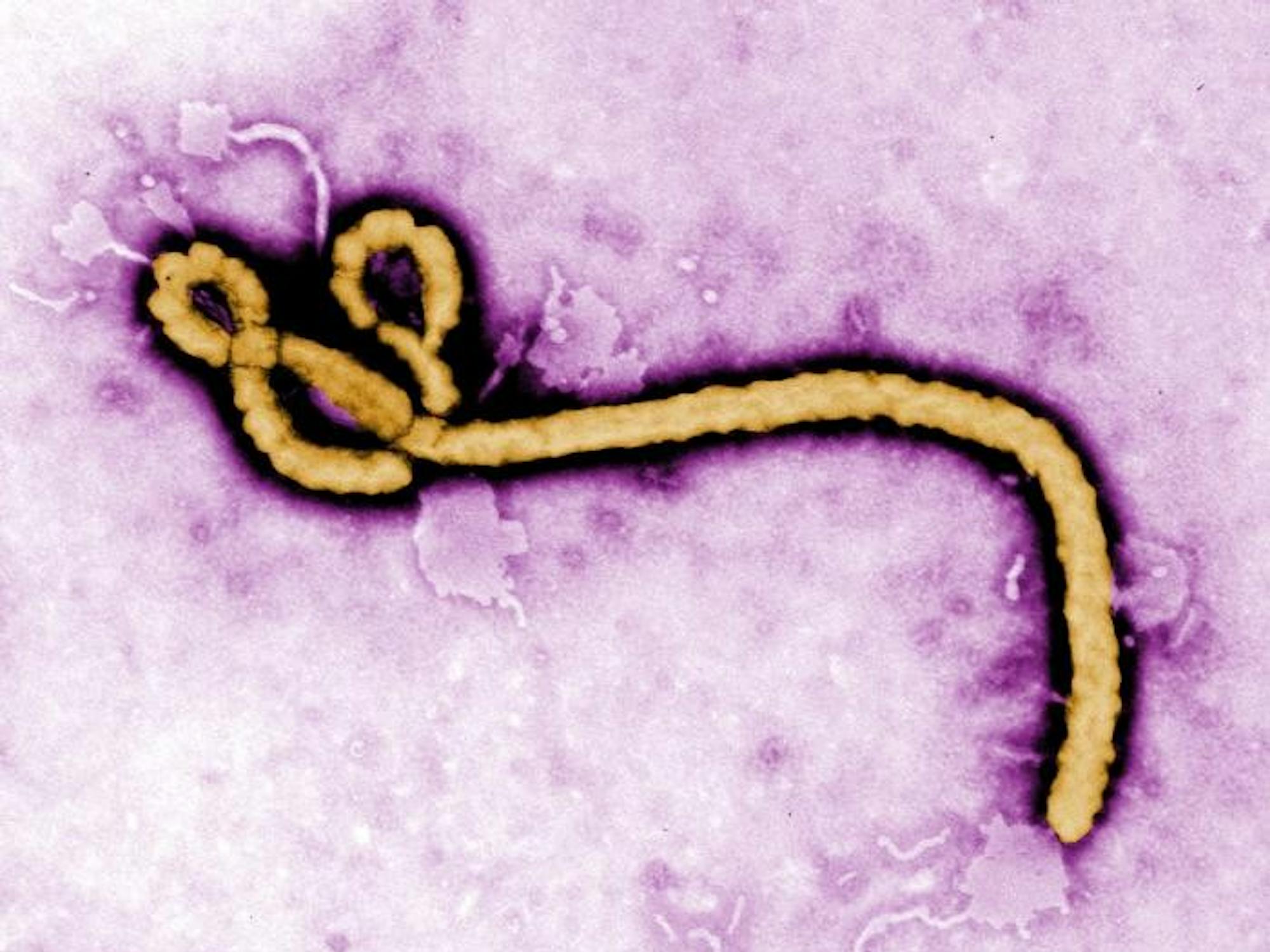There have been 4,400 hundred deaths in Western Africa caused by the Ebola virus, and the recorded outbreak has reached U.S. soil. Many Eastern Michigan University students have become aware of the deadly virus due to the recent media frenzy, and there are a variety of opinions regarding the crisis.
“It’s definitely been everywhere in the media a lot lately,” said EMU junior Sean Copeland, an electronic media and film studies major.
“I believe it’s a big issue, because it’s transcontinental,” Copeland said. “It’s something that we as Americans aren’t used to.”
There have been numerous newspaper headlines, constant TV news coverage, prevalent posts on social media, and recent attention from the White House, which included an order to send 3,000 military personnel to Africa to help quell the outbreak.
Some Eagles agree the attention is warranted.
“Yeah, well, it can spread and a lot of people can die,” Copeland said.
EMU junior Kyle Szalai, a computer science major, agreed immediate action was necessary when dealing with the deadly virus.
“I’m worried that it’s in the U.S. now, and I’m hoping that it doesn’t spread and they’re doing research to find a cure,” Szalai said.
USA Today reported the chances of an outbreak in the U.S. are “close to zero,” and two potential vaccines are being tested. The virus doesn’t travel by air, so it’s not hyper-contagious, but spreads through contact with infected body fluids from a person or animal.
While it is not hyper-contagious, Ebola causes a high mortality-rate killing roughly 70 percent of those afflicted by the disease. Most deaths occur within two weeks when the host starts to bleed internally and externally as organs shut down.
Although the virus was first diagnosed in Africa in 1976, the majority of EMU students said they have recently heard of Ebola.
“I’ve known about it for about a week now,” Szalai said. “I’m not very informed about what the virus does. Now that it’s in the United States, I should do some research as to how it spreads and effects people.”
EMU scholars said multiple Ebola-related stories caught their attention since media outlets began heavily covering the virus’ spread.
“I heard it wasn’t real and the government is just using it as population control so minorities will get a shot and die from it,” said freshman Jorden Parrish.
But, keeping an open mind is important when trying to understand the situation, Parrish said.
“I’ve heard so many stories, but I’m just trying to stay healthy,” Parrish said. “Not really nervous about it, just trying to not freak out too much.”
The media has reported a variety of concerns regarding the dangers of Ebola and how fast it can spread. The New York Times reported, “The World Health Organization reported that new cases could reach 10,000 a week by December.”
Naya Moreno, a freshman studying communications, theatre arts and media, said she’s noticed some peculiar stories about the virus spreading.
“I heard today that there are hair extensions that have Ebola apparently,” Moreno said.
Moreno said the news coverage of the Ebola virus might be overly hyped.
“I still have mixed feelings,” Moreno said. “I’m kind of reminded as to what happened with the swine flu. I realize there are deaths and precautions are necessary, but the media also really sensationalized the deaths from swine flu.”
Betty Forsleff, an EMU senior and art education major, echoed these sentiments.
“It’s like the swine flu,” Forsleff said. “At the time, it was such a big deal, and now it’s just on to the next big thing.”
She said there doesn’t seem to be any need to panic, but if the virus were to spread to her hometown or EMU’s campus then her outlook would be drastically different.
“It’s never affected me before, so I guess I don’t pay too much attention to it,” Forsleff said.
Having initially heard about the virus from posts on social media, Forsleff was among the majority of interviewees that said the daily media attention doesn’t stir interest.
“I don’t really watch the news or follow the coverage,” Forsleff said.










